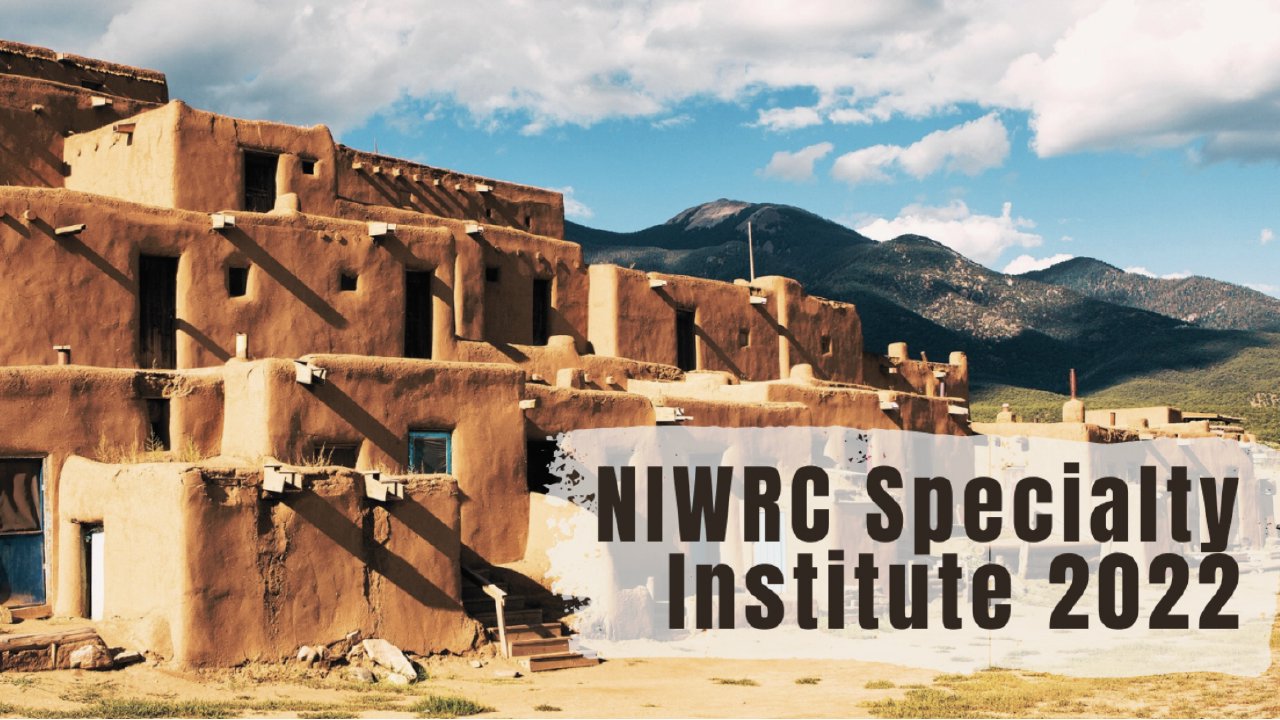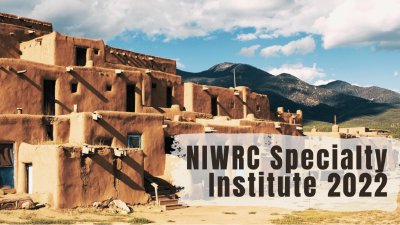Women who are homeless report higher rates of domestic violence than the general population. Domestic violence is one of the most common reasons why women are homeless. Survivors face challenges navigating the criminal justice system, severe shortages of safe affordable housing, stigmatization if they are from a marginalized group and a revolving door of housing insecurity and instability. This session will focus on how programs, tribes, and organizations can collaborate to create standard services that are coordinated and cross-disciplinary to move survivors to stable, secure housing. In addition, this session will explore the need to support affordable housing development, increase the capacity of survivors to grow as leaders, and increase equitable access to affordable safe housing. With Clarissa Antone, Arlene Zahne, and Bridgette Davis.

Panel Discussion: Survivor Needs: Providing Safe Affordable Housing
June 29, 2022 • Norine Hill
More from
Specialty Institute June 2022





